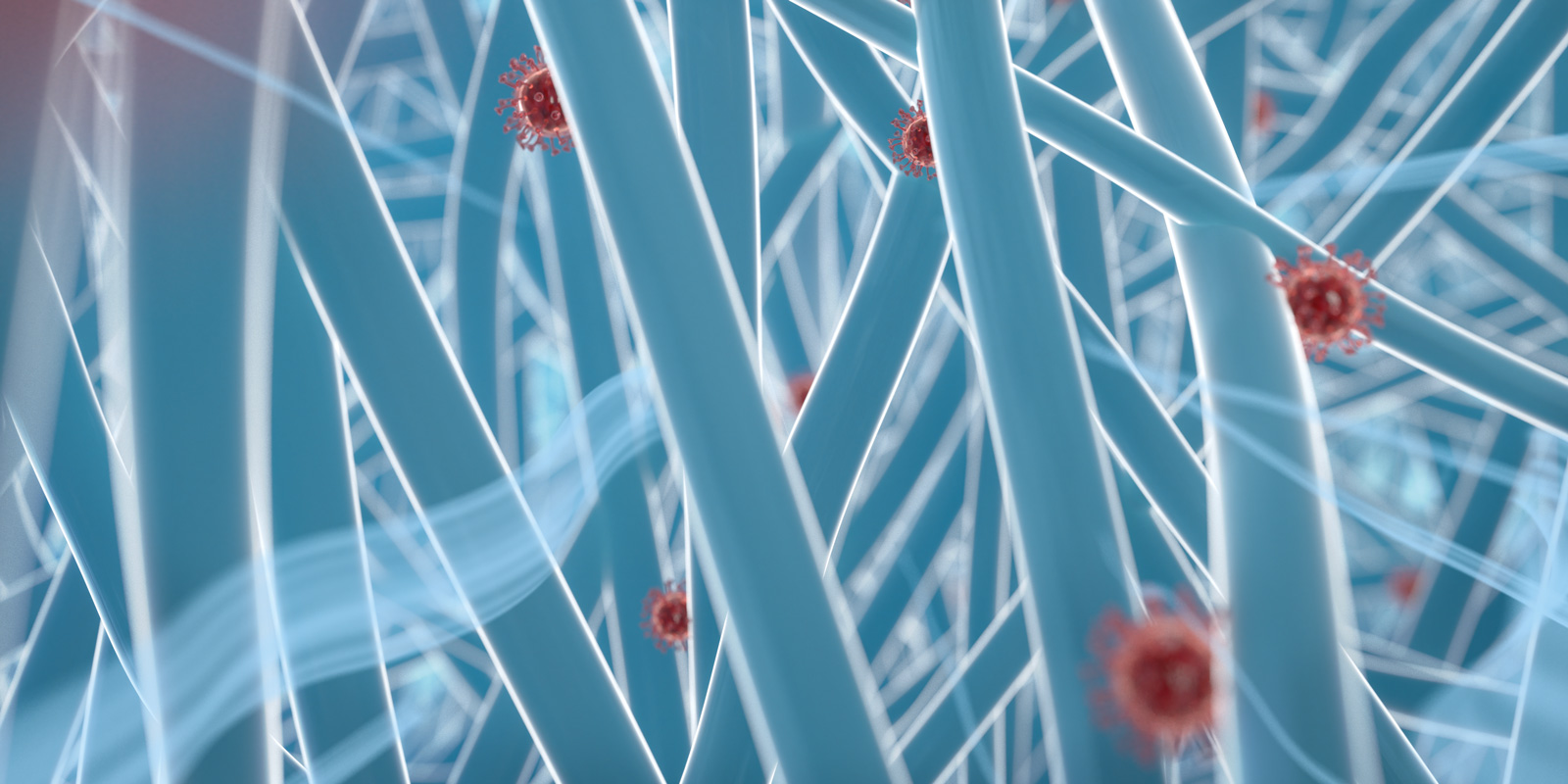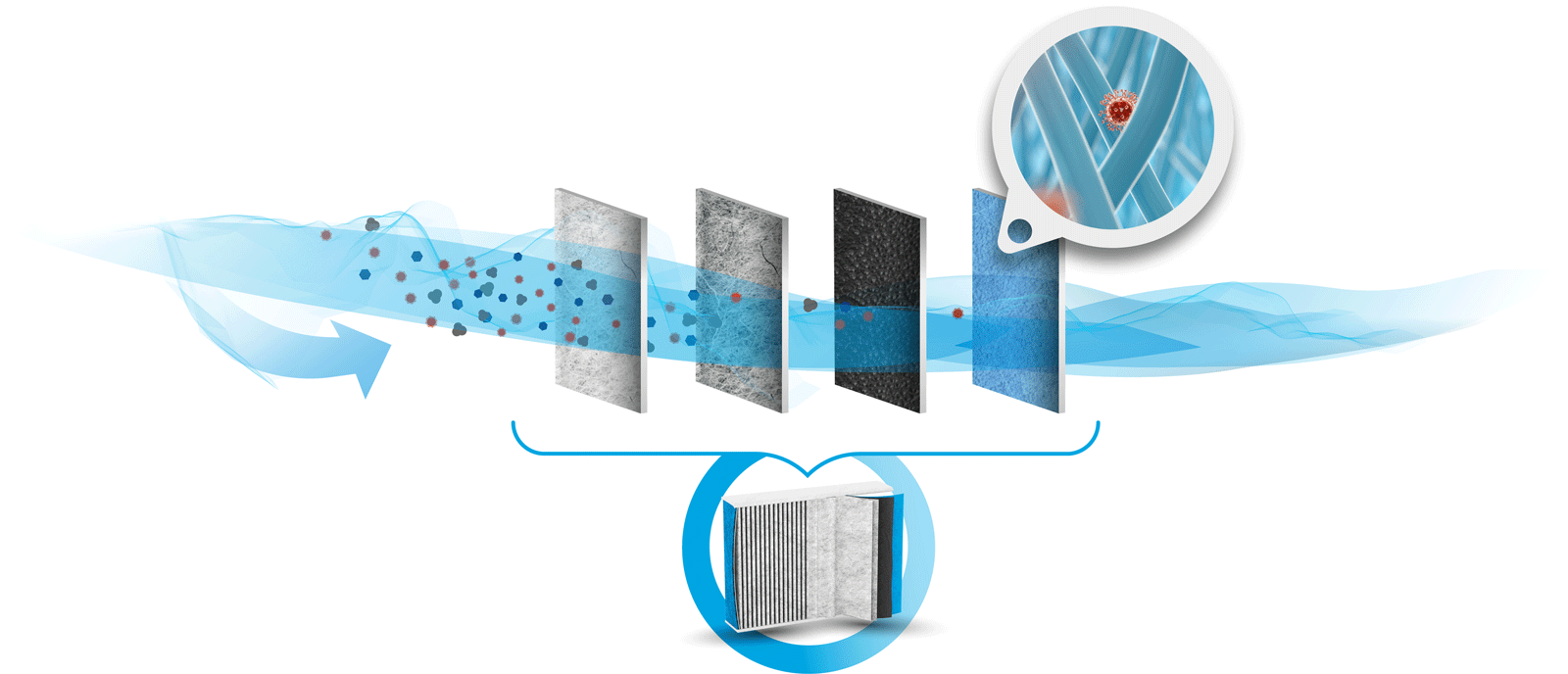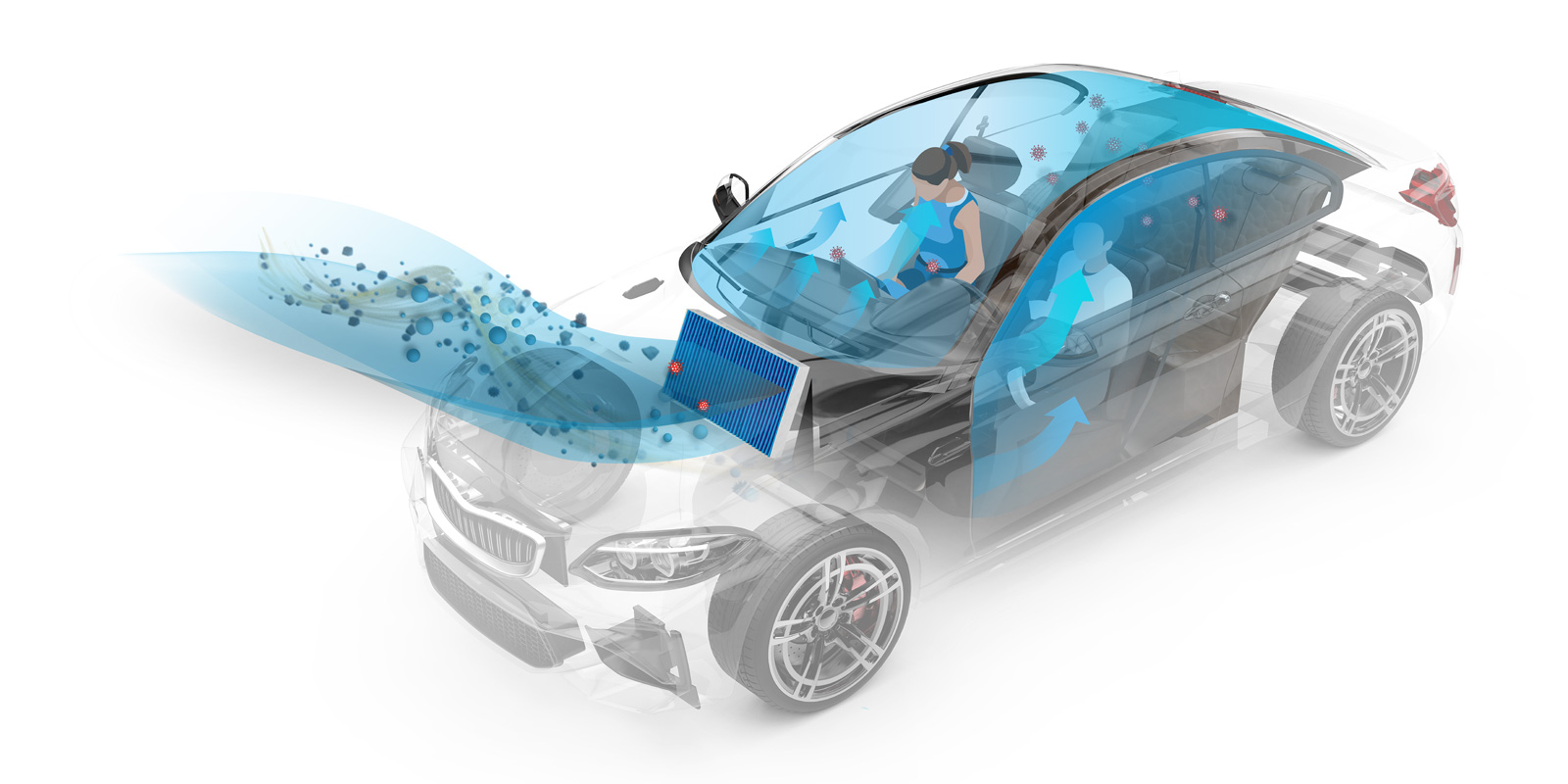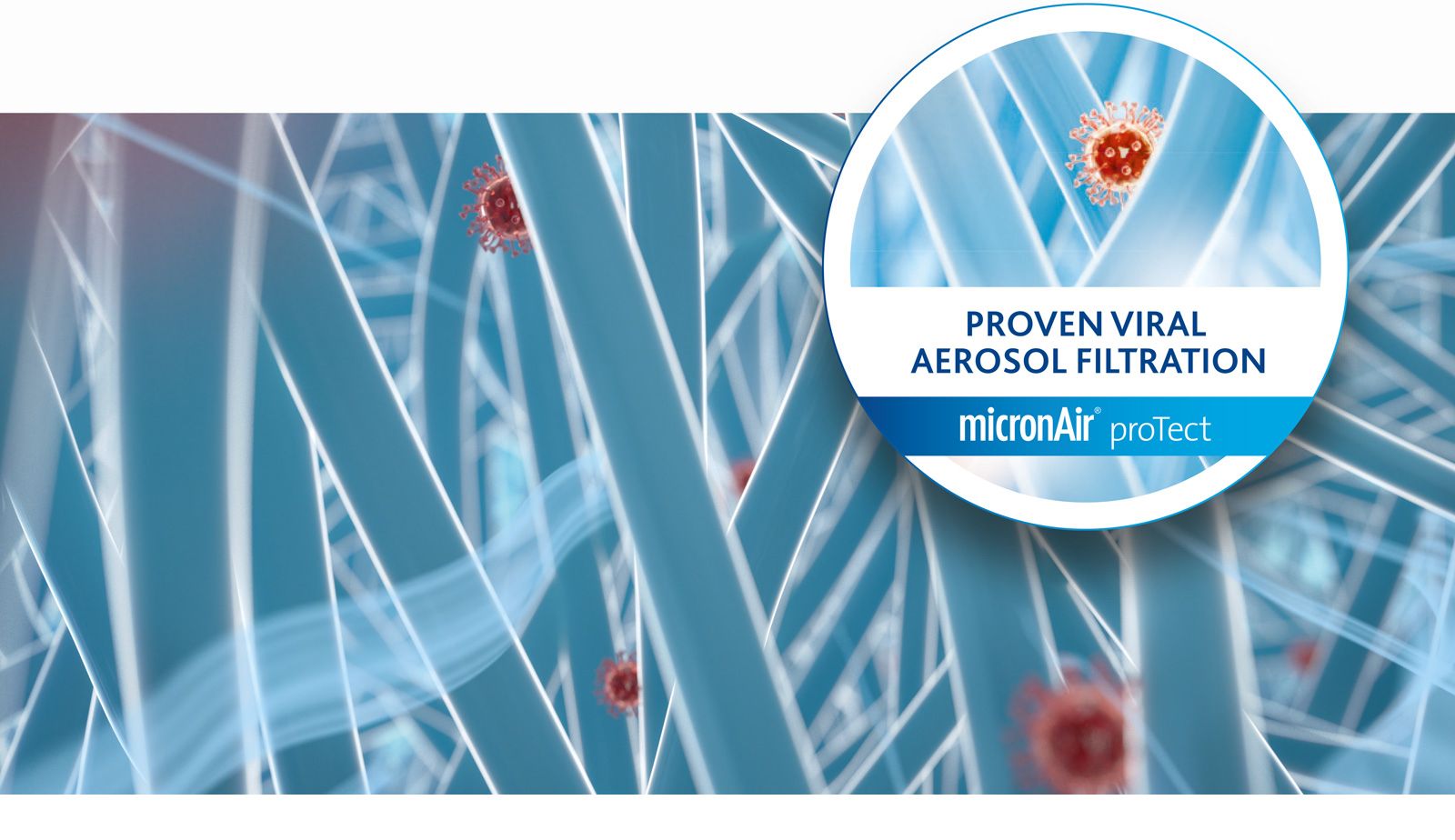
Staying safe in the face of the global pandemic
Managing and minimizing risk when traveling in vehicles
As the SARS-CoV-2 coronavirus continues to be in evidence across the globe, it reminds us of the constant threat to health posed by viral infection. Even when the current virus finally recedes, it is certain that new variants will emerge. Known viruses will continue to proliferate, as has been the case throughout human history.
Against this background, it is important to mitigate the potential risk that viruses present in our daily lives. One area in which viral transmission has always presented a risk is inside vehicles. Confined spaces and close human proximity are well known to increase the risk of passing on viruses. For this reason, ensuring the cleanest possible air inside vehicle cabins must be a priority.
Keeping you informed
In any crisis situation, sound knowledge is the best basis for sustainable defense. We have recently updated the guidance we published back in April, providing information about the current coronavirus and how best to protect against it inside vehicles. The most up-to-date research supports our initial assessment concerning the use of our premium micronAir proTect line cabin air filters to reduce the risk of infection.
The best possible protection

Our premium micronAir proTect line cabin air filters provide active protection against viruses by significantly reducing the concentration of viral aerosols. This is achieved by a unique multi-layer design that effectively filters, captures and suppresses noxious environmental gases as well as inorganic and biological particles and aerosols.

Volker Bräunling, Global Technical Director, Automotive Filters, explains the principle: “The fine particle filtration layers provide decisive protection against virus transmission. These separate not only droplets (> 5 µm), but also critical viral aerosols, or droplet nuclei much smaller than 5 µm. The first two layers thus capture the majority of ultra-fine viral aerosols. The optional third layer is responsible for adsorption of gases while the final bio-functional layer inactivates collected viral contaminants.”
Harnessing the power of nature
The secret is the bio-functional layer based on fruit extract that is built into micronAir proTect line of cabin air filters. As a natural disinfectant, the fruit extract deactivates viral aerosols and harmful organisms, preventing them from being released back into the cabin air.
Unlike traditional chemical biocides, many of which are already banned for use in vehicles or labeled “to be substituted”, this fruit extract conforms to the latest European Biocide Directive (BPR). The effectiveness of micronAir proTect line of cabin air filters in deactivating viruses has been conclusively proven effective by a comprehensive series of tests conducted in collaboration with the Austrian OFI independent research institute.
About the European Biocide Directive (BPR)
The BPR is intended to regulate biocidal products that may pose risks to humans, animals and the environment. The directive (Regulation (EU) No. 528/2012) regulates the marketing and sale of biocidal products intended to protect humans, animals, materials or products against harmful organisms such as bacteria and viruses. The aim of the BPR is to strengthen the biocidal products market in the EU while ensuring a high level of protection for human health and the environment.
Recommendations for minimizing risk inside the vehicle cabin
A top priority in terms of protecting vehicle occupants against potential viral infection is to install a top-quality cabin air filter, such as micronAir proTect line. The efficiency of the filter elements is decisive in removing environmental contaminants, harmful substances and pathogenic aerosols.
Beyond that, it is beneficial to increase the supply of fresh air by using that mode of the vehicle’s ventilation system. This helps to dilute the viral load, which is a key factor in protecting human health. In recirculation mode, viral air-cleaning performance depends heavily on the system’s viral filtration efficiency and the air exchange rate.
In all cases, the filter must be correctly installed and regularly changed. Under current conditions, this needs to be done more frequently than usual to maintain optimum protection.

Successfully managing risk, long term
Short of wearing full protective suits, there is no way to avoid viruses. However, by identifying and consistently implementing sensible and proven countermeasures, it is possible to radically reduce viral exposure in well-known risk environments, such as inside vehicle cabins.
Verified by independent scientific research, micronAir proTect line cabin air filters can trap approximately 90 percent of viral aerosols. In addition, the innovative bio-functional layer, impregnated with fruit extract, inactivates almost 100 percent of captured viral load. At present, this innovative cabin air filter represents the best available protection against viruses while traveling in vehicles.

 automotive filtration insight
automotive filtration insight